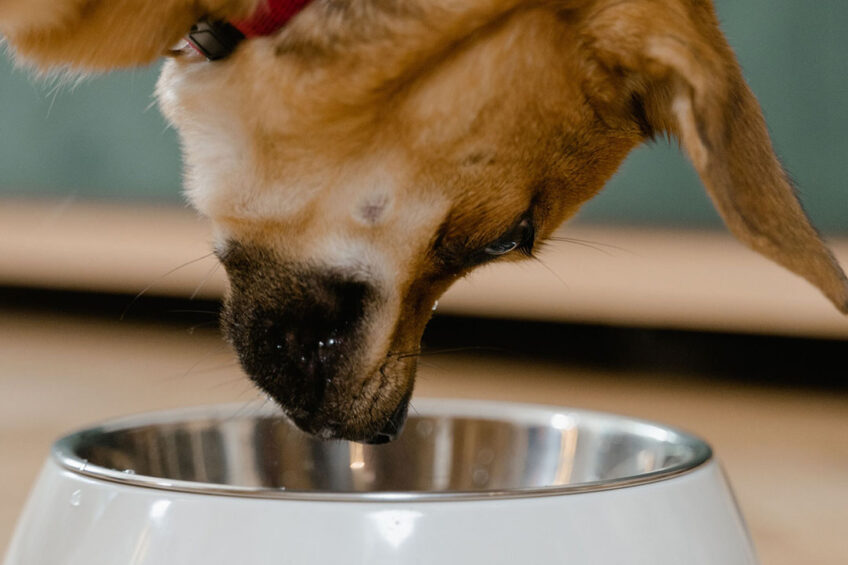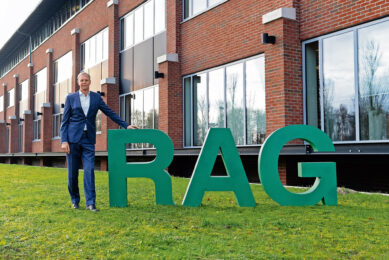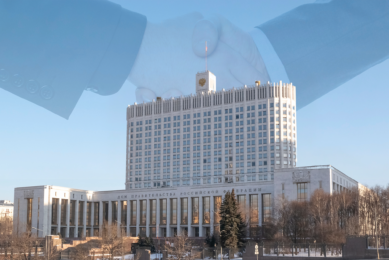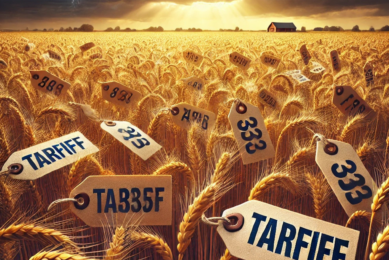Several pet food brands disappear from the Russian market

Purina, one of the leading pet food manufacturers in Russia, suspended production and sales of pet food under several brands, including Friskies, Cat Chow and Dog Chow, citing logistics challenges. It is yet to be seen whether this will affect the Russian pet food market, where the product range has already been seen narrowing.
The company told local state-owned local news outlet Tass that the production was suspended due to problems in purchasing and delivering raw materials. No additional details have been given.
…47% of Russian customers have had to alter the rations of their pets over the past year
A switch to homemade pet food
A lack of leading brands could further shape the Russian pet food market, which has been undergoing significant changes.
Over the past year, a third of Russian pet owners transferred their pets to homemade food, an opinion poll conducted by the Russian institute NAFI showed. The respondents cited price turbulence and a lack of brands as the main reason for the move.
For instance, 73% of those surveyed admitted that over the previous year, the pet food they were accustomed to jumped in price. Nearly 61% experienced difficulties finding the desired pet food, while 20% of the products they relied on vanished from the Russian shelves.
As a result, around 47% of Russian customers have had to alter the rations of their pets over the past year, the survey showed.
On the other hand, more than half of the respondents said that they started noticing new brands on the shelves, as Russian businesses are struggling to fill the gap.
Sanction pressure
In August 2023, the Russian Federal Antimonopoly Service FAS kicked off an investigation into the pet food market after prices in the country spiked by 20% to 30% in the previous months.
Russian lawmakers believe the turbulence in the Russian pet food market was triggered by Western sanctions.
“Such a price increase is a continuation of the sanctions policy towards Russia. Only now, it is not people who will suffer from this, but animals. After all, the dominant position in the market is occupied by foreign companies,” Vladimir Burmatov, chairman of the Russian State Duma Environmental Committee commented.
On the other hand, Russian authorities deny reports that the Russian pet food market is in short supply. Occasional reports indicate, however, that Russian customers experience difficulties in sourcing some medicated, specialized and premium pet food.
Tatyana Kolchanova, general director of the Russian union of zoo business, said that some problems were associated with fresh Western sanctions, which banned the delivery of goods to Russia through third countries, like Kazakhstan and Turkey.











